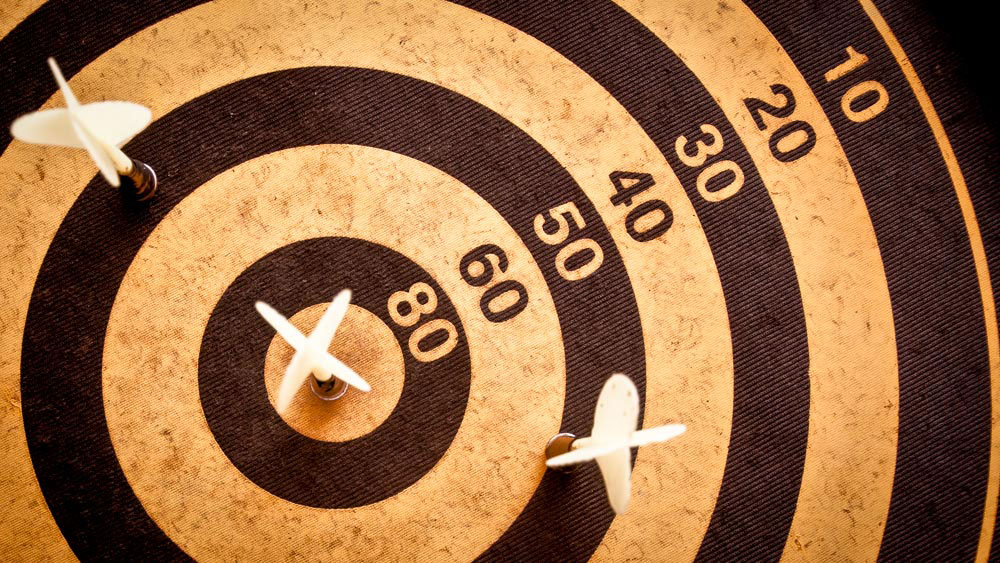Posted by: Eye Centers of Florida in Cataracts
A New Analysis of Laser Cataract Surgery

Laser cataract surgery continues to gain attention since it was introduced as an alternative to traditional cataract surgery in 2009. Has it fulfilled its promise of better vision with fewer complications? A new analysis examined 14,567 eye surgeries to find out.
The Largest Laser Cataract Analysis Yet
An October 2016 analysis[1] looked for differences between laser cataract surgery and traditional cataract surgery by comparing the results of 14,567 eye surgeries from 37 studies. The analysis, authored by Marko Popovic, MD(C), and others, is the most comprehensive review of published cataract surgery articles so far.
The authors of the analysis examined 2,802 published articles to find 37 studies with a high enough quality to be considered. The authors aimed to improve upon a smaller 2015 analysis which examined only 989 eye surgeries from 9 studies[2].
In this new analysis we can summarize several findings:
1. Improvements to The Length of Surgery Were Inconclusive
While the total time spent during the two types of surgeries was similar, the time spent breaking up the cataract and removing it (phacoemulsification) was slightly shorter in laser cataract surgery. Other things being equal, shortening this time may reduce the likelihood of some complications. Whether this means anything yet is unclear.
2. There Were More Signs of Inflammation After Laser Cataract Surgery
After laser cataract surgery, the concentration of prostaglandins, natural substances the body produces in response to an injury, was higher. Prostaglandins in the eye after cataract surgery may lead to cystoid macular edema (fluid-filled cysts on the retina that can impair vision) and uveitis (eye inflammation that can impair vision).
3. There Were More Capsular Tears After Laser Cataract Surgery
In most cases, complications after laser cataract surgery were similar to complications after traditional cataract surgery. However, when it came to capsular tears, laser cataract surgery’s record was worse. Patients who suffer damage to the extremely thin capsule which holds their eye’s lens in place (a capsular tear) are more likely to experience impaired vision.
4. Laser Cataract Surgery Didn’t Improve Visual Acuity
Measuring how well patients see (visual acuity) after cataract surgery is the most straightforward way to judge it. Making more consistent improvements to visual acuity is one of the biggest hopes laser cataract surgery provides. Unfortunately laser cataract surgery still hasn’t demonstrated that it can improve visual acuity more consistently than traditional cataract surgery.
Does Eye Centers of Florida Recommend Laser Cataract Surgery?
Until laser cataract surgery can offer better results than traditional cataract surgery, we at Eye Centers of Florida believe it’s best for patients to choose traditional cataract surgery. That’s why we currently don’t recommend laser cataract surgery to our own patients, but we continue to evaluate laser cataract surgery and other developing technologies.
Read an earlier article about laser vs. traditional cataract surgery and its update.
References
- Popovic, Marko, et al. Efficacy and Safety of Femtosecond Laser-Assisted Cataract Surgery Compared with Manual Cataract Surgery. Ophthalmology, Volume 123, Issue 10, 2113-2126. http://www.aaojournal.org/article/S0161-6420(16)30607-8/abstract
- Chen, X. et al. Efficacy and safety of femtosecond laser-assisted cataract surgery versus conventional phacoemulsification for cataract: a meta-analysis of randomized controlled trials. Sci. Rep. 5:13123 (2015).
Bullseye image courtesy of Flickr user Emilio Küffer.